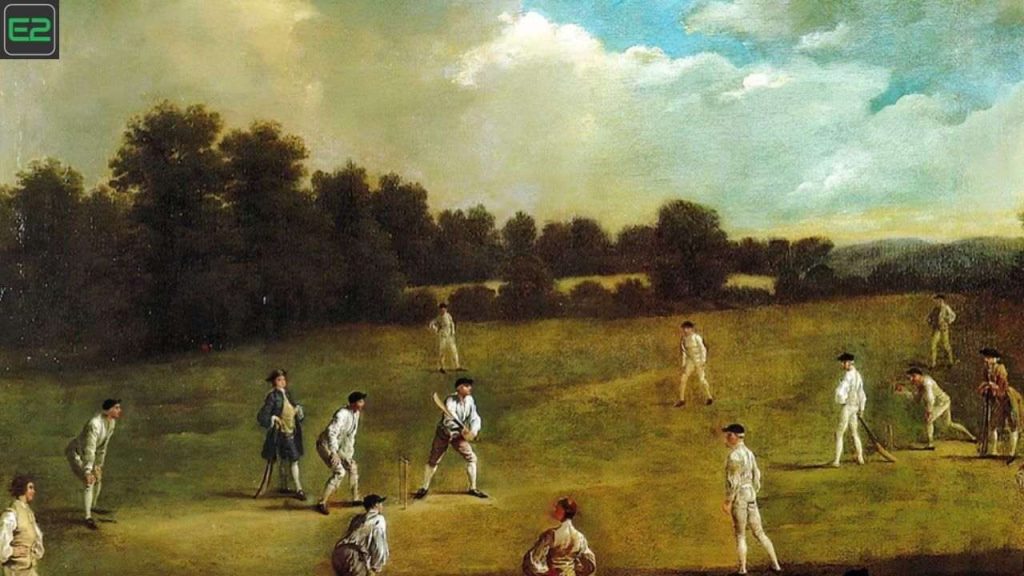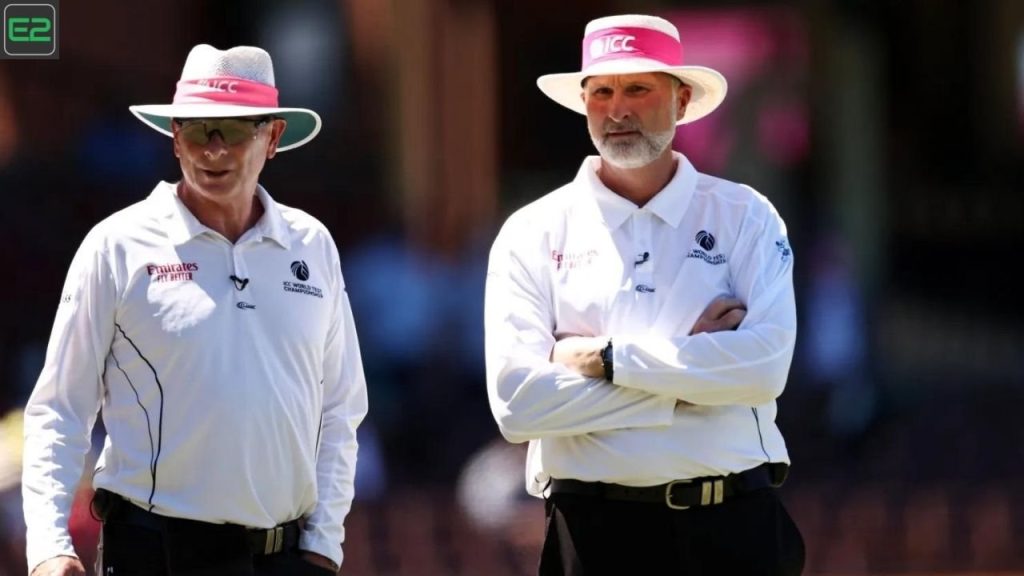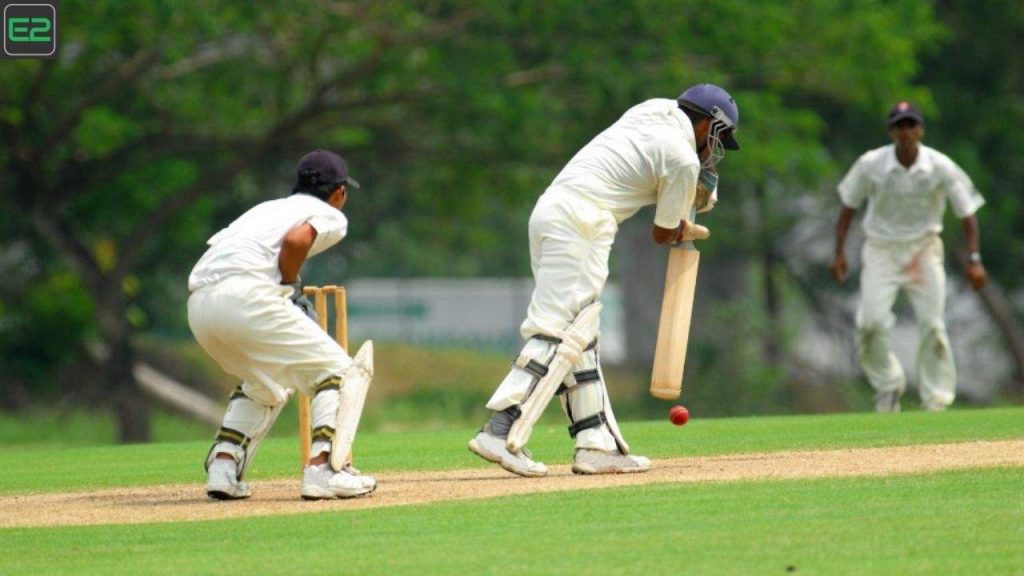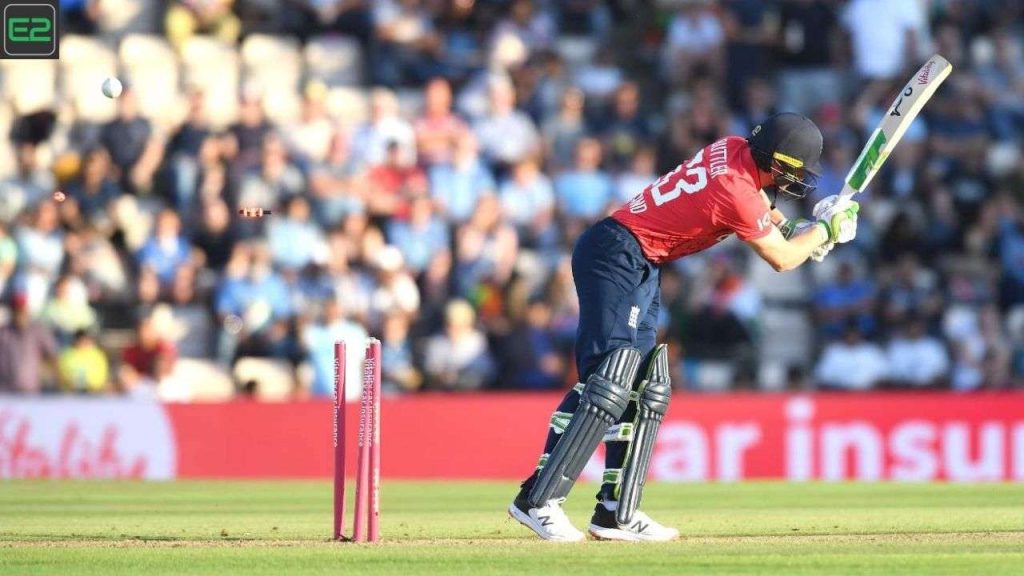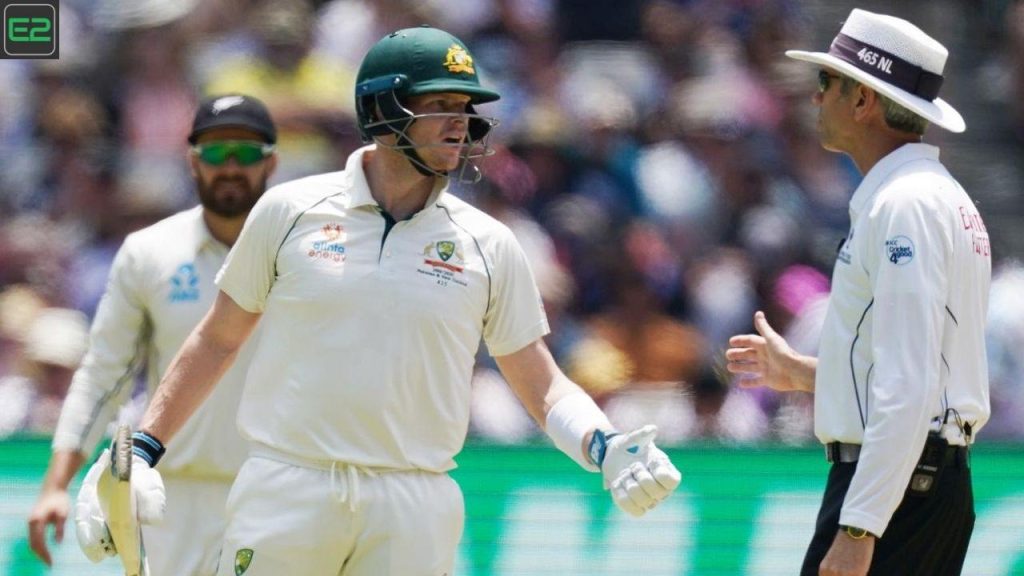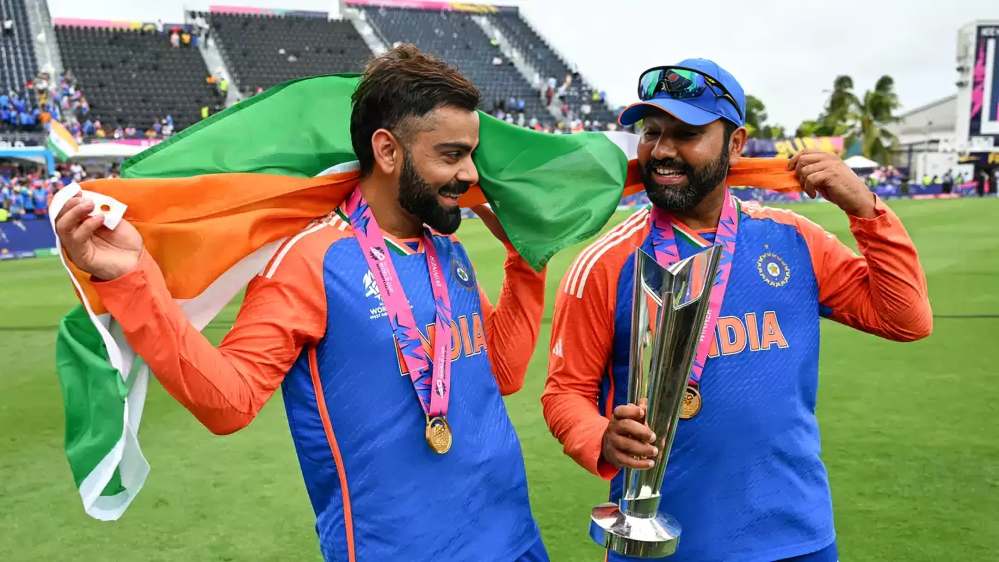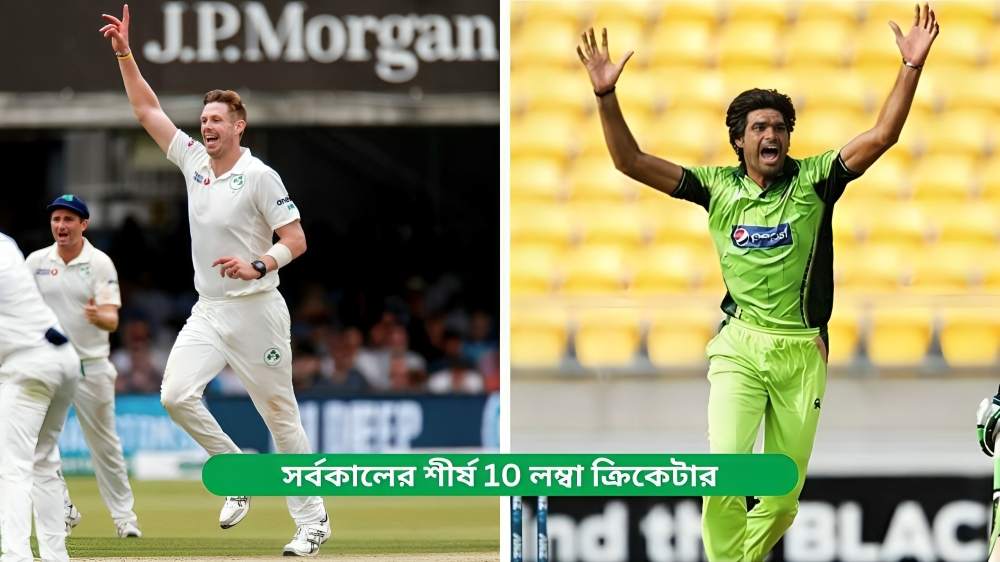88: Cricket, often referred to as a game of nuances, rich history, and diverse statistics, has produced numerous memorable moments over the decades. Among the plethora of statistics and numbers that have become significant in the sport, one number that has stood out for a variety of reasons is “88”.
This number has been a part of cricket’s folklore, associated with iconic players, crucial performances, and even a bit of superstition. In this article, we will delve into why 88 is an iconic number in cricket, its significance, and explore some of the standout moments in the game where the number 88 played a role.
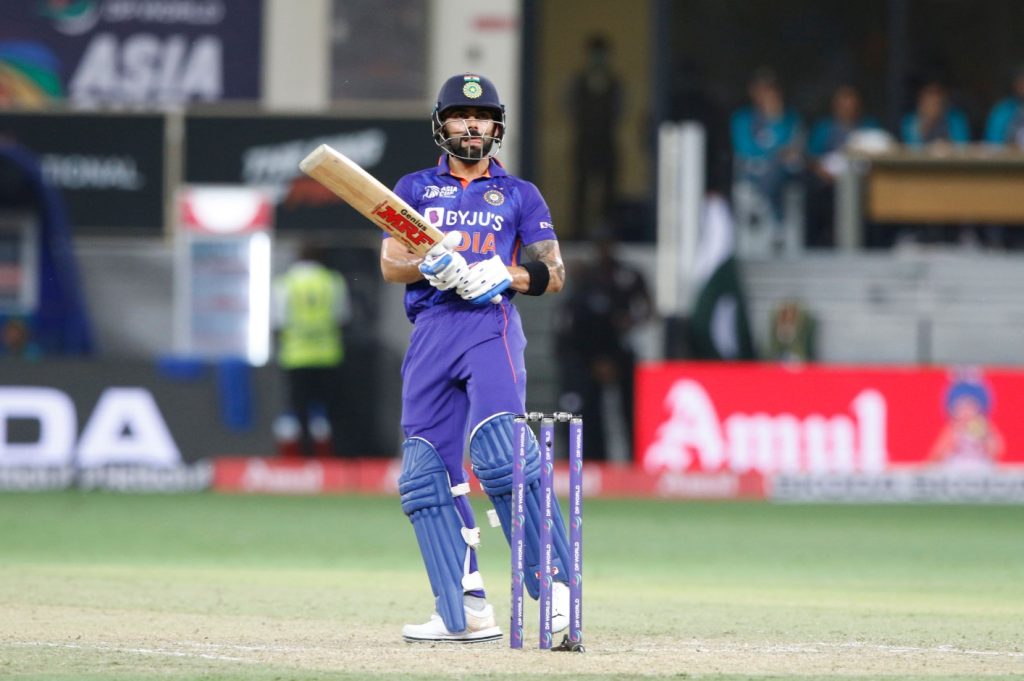
Before we dive into specific instances, it’s important to understand why 88 is considered iconic. In cricket, numbers often take on a life of their own due to their association with certain performances, players, or even peculiarities in the way the game unfolds. For example, certain centuries or wicket-taking feats at key moments often end up becoming benchmarks for greatness. The number 88 has been linked to some of these very moments.
One significant reason for the prominence is that it is often seen as an unlucky score – just shy of a century but still an achievement. This subtle nuance is one of the many reasons why 88 has become a number that stands out in cricketing circles.
Key Moments in Cricket History Involving the Number 88
The following table highlights some of the most iconic cricket performances where the number has been part of the narrative.
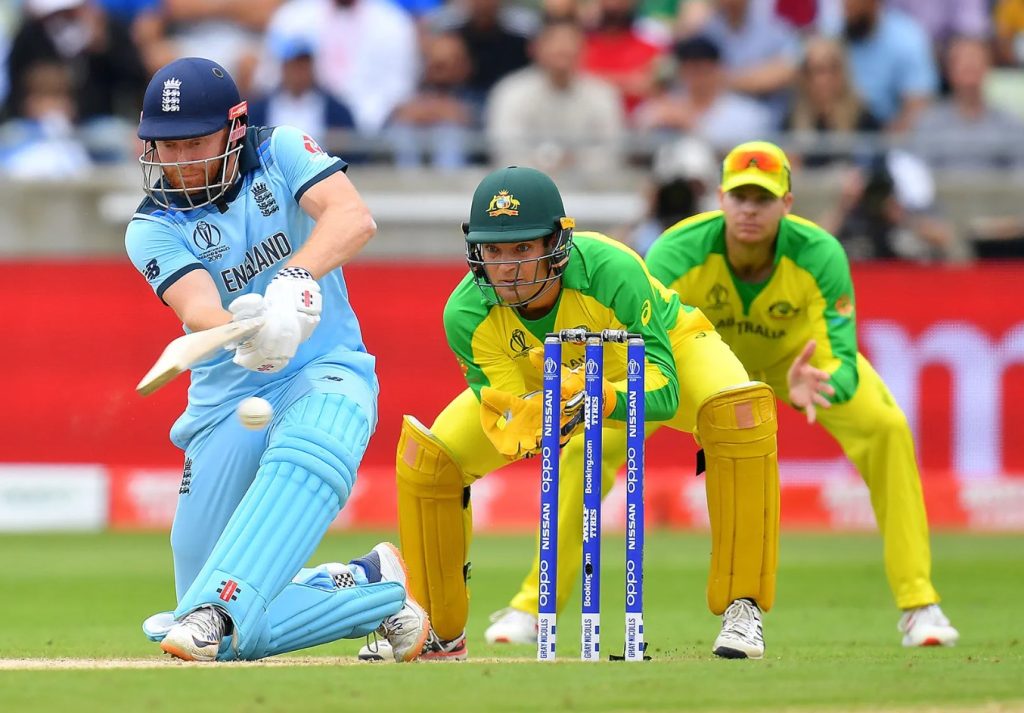
| Player | Match | Format | Significance |
|---|---|---|---|
| Mark Waugh | Australia vs West Indies | ODI | Waugh’s 88 was an elegant knock in the 1995 ODI series against the West Indies, featuring solid technique. |
| Ricky Ponting | Australia vs India | Test | Ponting’s 88 was part of a gritty partnership in India’s tough conditions, and he went on to score a double century in the series. |
| David Warner | Australia vs South Africa | ODI | Warner’s 88 was a crucial knock in a high-pressure chase against South Africa in a must-win ODI. |
| Jacques Kallis | South Africa vs Sri Lanka | Test | Kallis’ innings was vital in the middle-order, stabilizing South Africa’s innings in a critical Test match. |
| Imran Khan | Pakistan vs India | Test | Khan’s 88 was part of a memorable innings where he displayed his all-round prowess. |
| Andrew Flintoff | England vs Australia | Test | Flintoff’s 88 in the Ashes was part of a defining series, showcasing both his batting and bowling skills. |
The number has an emotional and symbolic connection in the minds of many cricketers and fans alike. Here’s why this number is often remembered:
1. The Near Century
A score is often viewed as a “near-miss” when it comes to reaching a century. It’s a score that could have been so much more, but the cricketer fell just short. This almost-but-not-quite factor makes it stand out in the realm of cricketing numbers.
2. Association with Iconic Players
It has been associated with some of cricket’s greatest names. The players mentioned in the previous table have all scored 88 in some of the most high-stakes situations in cricket. These players, such as Ricky Ponting, Jacques Kallis, and Mark Waugh, are icons of the game.
3. The Superstition Element
This superstition has added a layer of intrigue to the number. Many have wondered how different things might have been if those scores had gone on to become centuries. Such moments of suspense and near accomplishment add to the narrative of being “the almost-there” number.
The Number in Cricketing Culture
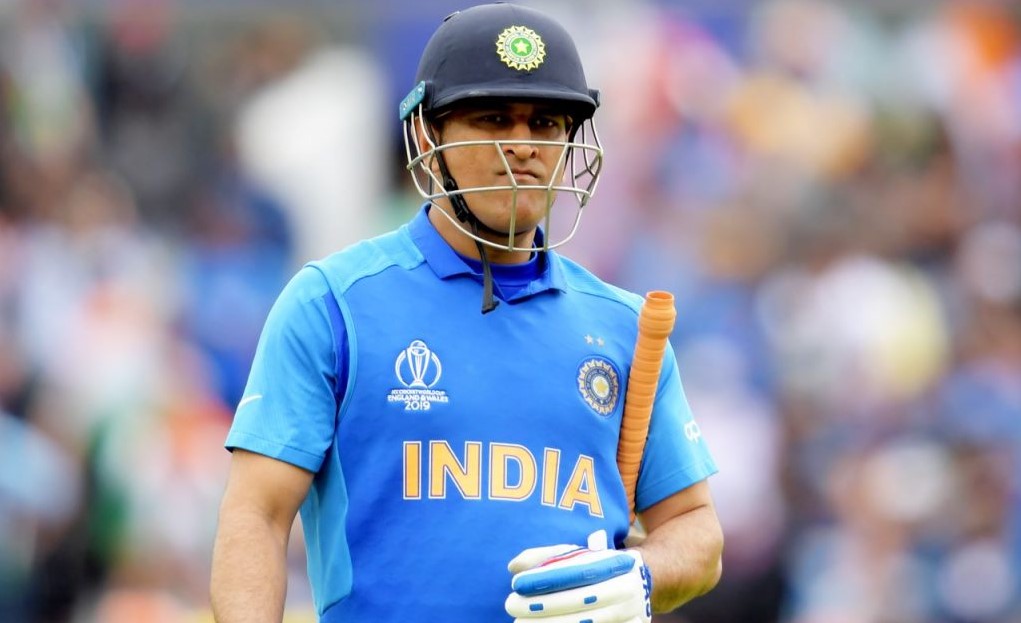
The number also finds its way into cricketing culture beyond just individual performances. The association of numbers with players is an integral part of the game’s lore, especially when discussing famous jersey numbers or iconic figures. Here’s how 88 comes into play in the broader cricket world:
1. Jersey Number
While the number isn’t a common jersey number in cricket, it has appeared on players’ backs in various formats. A few cricketers have worn this number during their careers, and while not as iconic as others like 10, 7, or 18, it still holds a special place due to its link with the score.
2. Superstitions and Rituals
Many cricketers have their own rituals and beliefs about lucky or unlucky numbers. The number, given its connection with “near misses” and the superstition of being “unlucky,” has garnered attention for its mental impact on players. It is sometimes seen as a “number to avoid” because of the discomfort of falling just short of a century.
Statistics Breakdown
The following table offers a deeper dive into specific instances where 88 has made an impact. These moments range from match-winning performances to close calls that changed the course of a series or tournament.
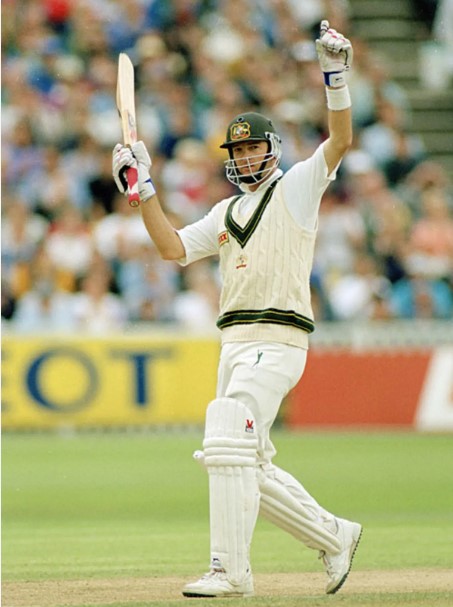
| Player | Team | Opponent | Match Type | Total Runs | Key Moments |
|---|---|---|---|---|---|
| Mark Waugh | Australia | West Indies | ODI | 88 | A masterclass in stroke play and timing in a difficult series. |
| Ricky Ponting | Australia | India | Test | 88 | A knock that showed resilience in challenging conditions. |
| David Warner | Australia | South Africa | ODI | 88 | Crucial innings in a high-stakes chase, nearly guiding his team to victory. |
| Jacques Kallis | South Africa | Sri Lanka | Test | 88 | Played a stabilizing role in a low-scoring Test match. |
| Imran Khan | Pakistan | India | Test | 88 | A vital innings in a gripping Test series. |
| Andrew Flintoff | England | Australia | Test | 88 | A robust innings during the iconic 2005 Ashes series. |
The Legacy of 88 in Cricket
The number holds an undeniable place in cricketing history. It’s more than just a number; it symbolizes moments of near greatness, of scores that are just shy of perfection, and of players who gave it their all in some of the sport’s most memorable matches. Whether it’s the superstition surrounding the number, the association with iconic players, or the sheer emotion tied to a near-century, 88 will continue to stand out as an iconic figure in the game of cricket.

Though not as frequently celebrated as other scores like 100 or 50, the number captures the essence of cricket – the narrow margin between success and failure, the thin line between triumph and near-miss. It is a number that speaks volumes, even in its quiet presence.




